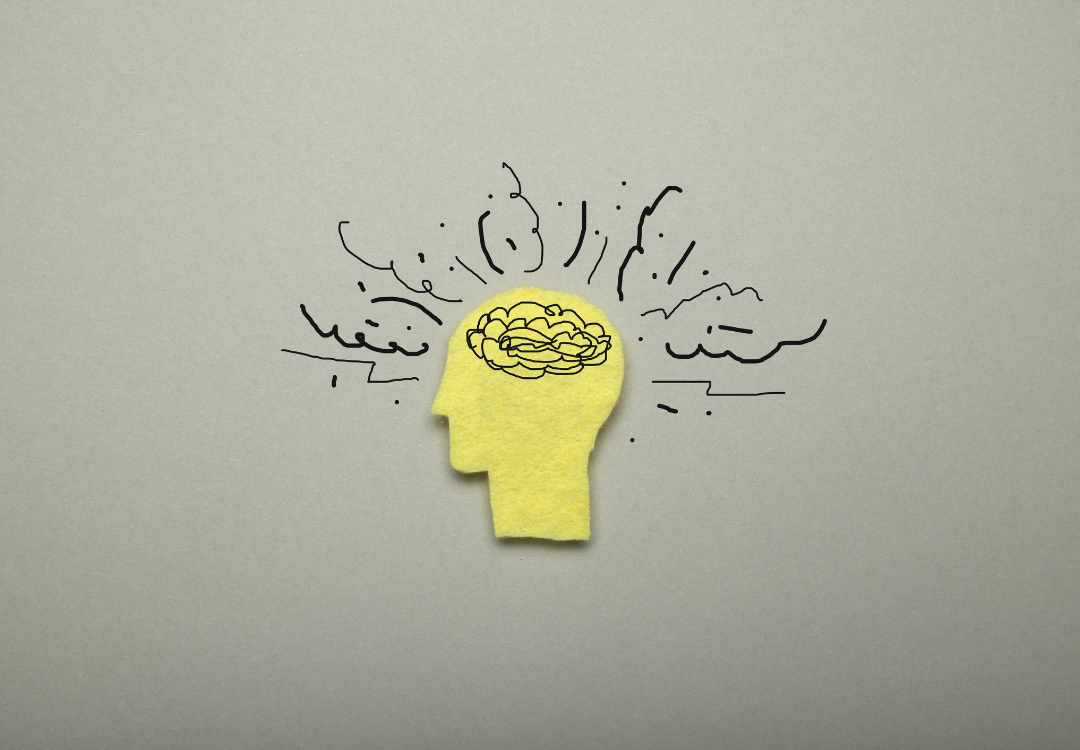A 5-minute read about sensory overload and how adults with autism and other learning disabilities experience it
What is a sensory overload?
When a person’s body and its senses are overstimulated, a sensory overload can occur. Our 5 senses – such as hearing, vision, and touch – can get `overloaded` by loud noises, bright or flashing lights, and crowds of people. Think Christmas with all of the displays and busy shopping places! Sensory overload is more common in individuals with:
- A learning disability such as autism or
- A mental illness like anxiety or PTSD
- A medical condition like Fibromyalgia, which is related to abnormal sensory processing.
But, sensory overload can happen to non-disabled and healthy people who are, for example, stressed or going through a hard time.
It is thought that people with learning disabilities experience sensory overload in slightly different ways:
- People with autism have hypersensitivity to sensory environments so they are more likely to have episodes of sensory overload, and more frequently
- People with Attention Deficit Hyperactivity Disorder (ADHD) have sensory difficulties very frequently, and often the brain struggles to process sensory information every day rather than in episodes
What does a sensory overload feel like?
A sensory overload feels different from person to person, but, generally – the sensations or symptoms of a sensory overload are:
- Feeling trapped
- Feeling overwhelmed
- Panicking or feeling anxious
- Confusion
- Irritability
- Loss of focus
- Discomfort – feeling hot, sweaty, sick, and itchy, for example
- A desire to `get out` of the environment or cover your ears/eyes
What happens in a sensory overload?
During a sensory overload, the brain struggles to prioritise sensory information like listening to loud noises and looking at bright lights so attempts to do everything at once. According to Healthline, your brain sends your body the message that you need to get away from some of the sensory input you’re experiencing. And, of course, we can’t always immediately remove ourselves from a situation. When this happens, the brain begins to panic and the body starts to feel some of the symptoms listed above.
How long does sensory overload last?
Sensory overload is common during overstimulating places like funfairs and theme parks, along with occasions such as Christmas and Bonfire Night.
Is sensory overload a disability?
No. Christmas sensory overload can be experienced by autistic adults, along with children who have a learning disability such as autism. People suffering from mental illnesses like anxiety, depression, OCD, and panic attacks can also experience sensory overload – not just at Christmas, but during any potentially overstimulating environment.
Meeting others who have experienced a sensory overload
At CASE Training, we have been supporting adults with learning disabilities for decades. We understand how tough occasions like Christmas can be for you. Call our friendly team to book your visit to our Training Centre. That’s the first step to getting support for yourself and meeting new friends along the way!
Continue reading about autism
What counts as a learning disability
About CASE
I need learning disability support: When can I apply to join CASE


